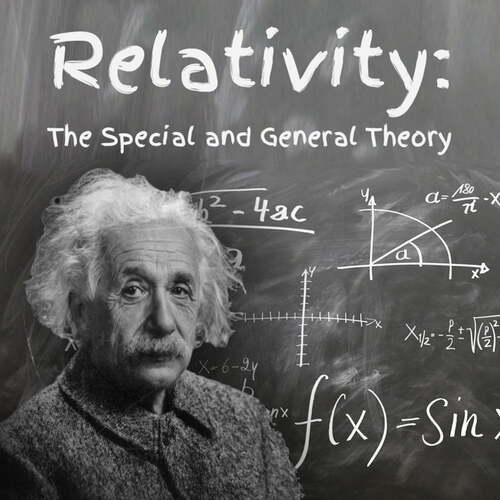The anthropic principle and the best possible world
Category: Literature
Date: February 2023
Views: 631
The anthropic principle is a concept that has been debated for centuries, and one that is often associated with the idea of a "best possible world" as proposed by philosopher Gottfried Wilhelm Leibniz. According to this idea, the universe is the best possible world that could exist, and everything that occurs within it is a result of the divine plan of an all-knowing, benevolent creator.
The weak anthropic principle
The weak anthropic principle is widely accepted in the scientific community and is used to explain why our universe appears to be finely tuned for life. This principle suggests that the universe must be capable of supporting human life because otherwise, we would not be here to observe it. In other words, our existence is evidence that the universe is capable of supporting life.
The strong anthropic principle
The strong anthropic principle takes this argument further, suggesting that the universe was specifically designed or created to support human life. This version of the principle is more controversial and is not widely accepted in the scientific community. It raises important questions about the nature of the universe and the role of consciousness in shaping reality.
The evidence for the anthropic principle takes on a special significance. The fine-tuning of the fundamental constants and forces of nature, such as the gravitational constant and the strong nuclear force, suggest that the universe was created with the specific purpose of supporting life. The remarkable precision of these constants, which are finely tuned to allow for the emergence of complex structures and the development of life, suggests that the universe is not a random or accidental occurrence, but rather a deliberate creation.
An extremely fine-tuned universe
The idea that the universe appears to be finely tuned for the emergence of life is supported by a number of remarkable observations. For example, there are several fundamental constants of nature, such as the speed of light, the gravitational constant, the electron charge, and the Planck constant, that are fine-tuned to an incredibly precise degree. If these values were even slightly different, the universe as we know it would not exist, and life would be impossible. For instance, if the gravitational constant were just slightly different by a value of around 1 part in 10^40, stars like the Sun would not be able to exist, and the universe would lack the heavy elements necessary for the emergence of life. Similarly, the strong nuclear force, which binds protons and neutrons in atomic nuclei, is fine-tuned to within 1 part in 10^15. If it were even slightly stronger or weaker, elements like carbon and oxygen, which are essential for life, could not be produced in stars. Other constants, such as the electron charge and the Planck constant, are also fine-tuned to incredibly precise degrees. The remarkable precision of these fundamental constants and forces of nature, and the way in which they seem to be optimized for the emergence of life, is one of the key pieces of evidence supporting the fine-tuning argument.
Life
Furthermore, the emergence of life itself can be seen as evidence of the divine plan. Life is a complex and remarkable phenomenon that is intricately tied to the structure of the universe. The fact that life has emerged and developed on Earth, despite the seemingly insurmountable odds against it, is a testament to the perfection and benevolence of the creator.
Some may argue that the anthropic principle is simply a result of selection bias, and that we observe the universe as it is because we exist within it. However, this explanation does not take into account the remarkable precision and fine-tuning of the fundamental constants that make the emergence of life possible.
In summary, the anthropic principle can be seen as evidence for the idea of a "best possible world" as proposed by Leibniz. The fine-tuning of the universe and the emergence of life suggest that the universe was created with the specific purpose of supporting life, and that the divine plan is evident in the very structure of the universe itself. While there may be other explanations for the anthropic principle, the idea of a benevolent creator and a best possible world is a compelling and thought-provoking one that has captivated philosophers and scientists for centuries.





















0 Comments, latest
No comments.